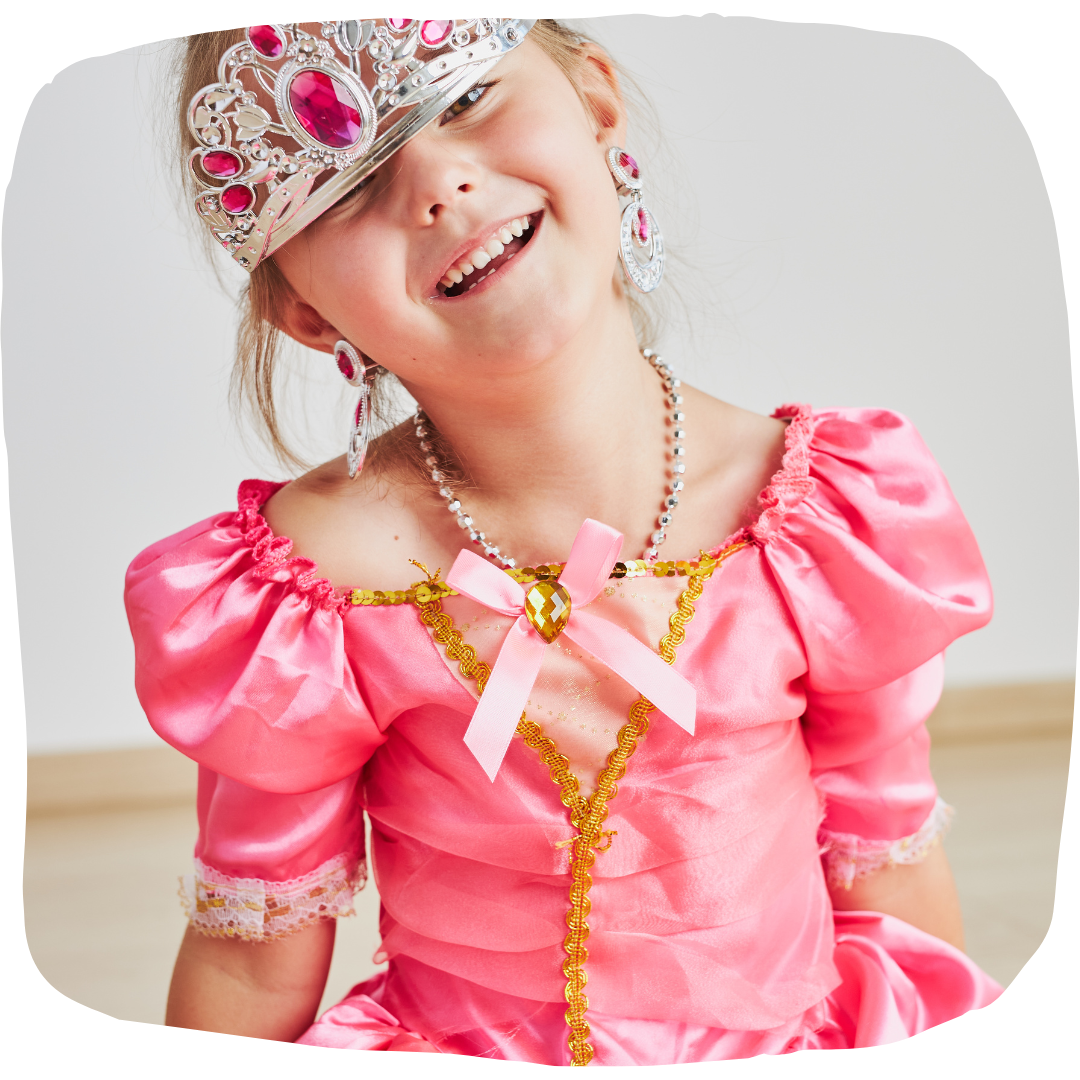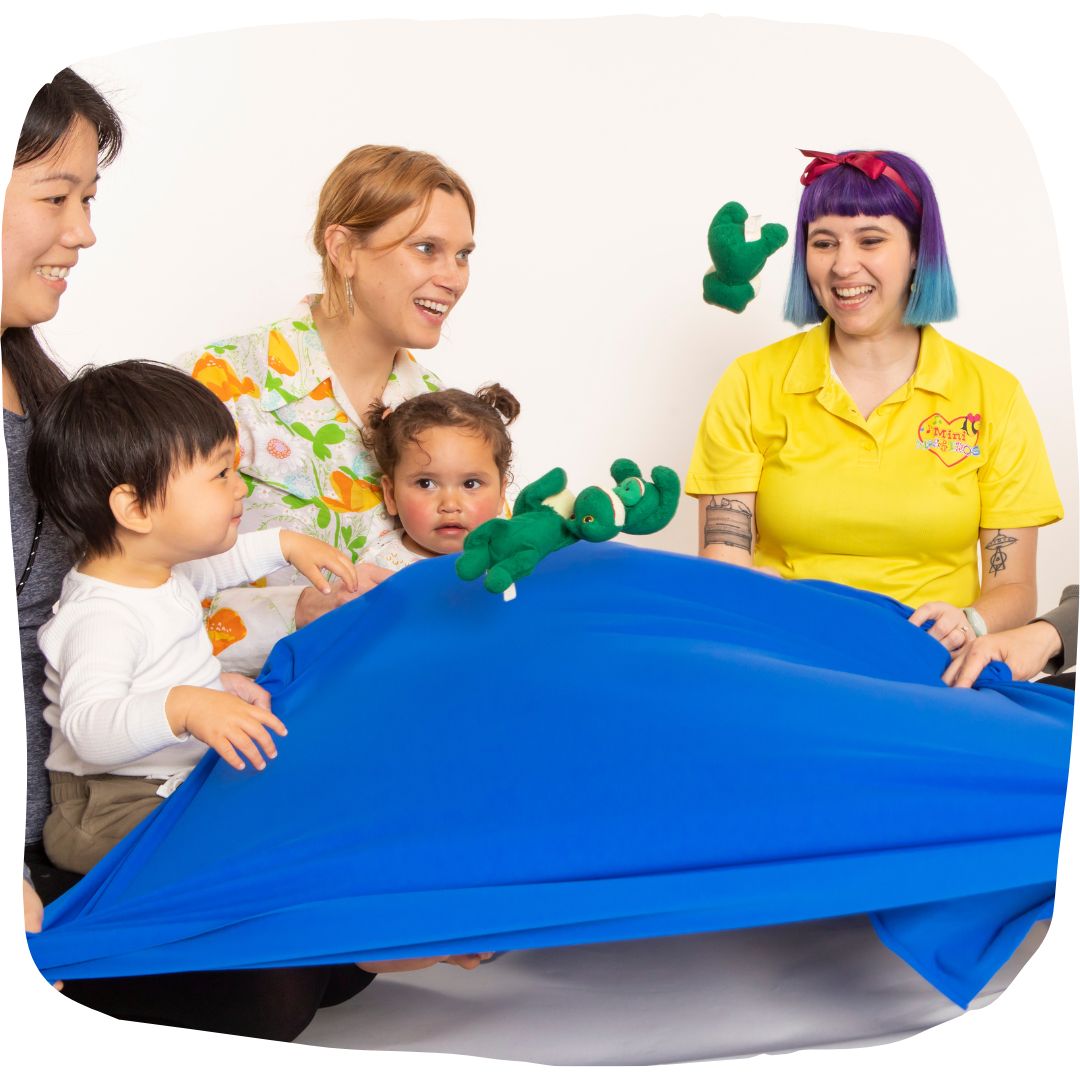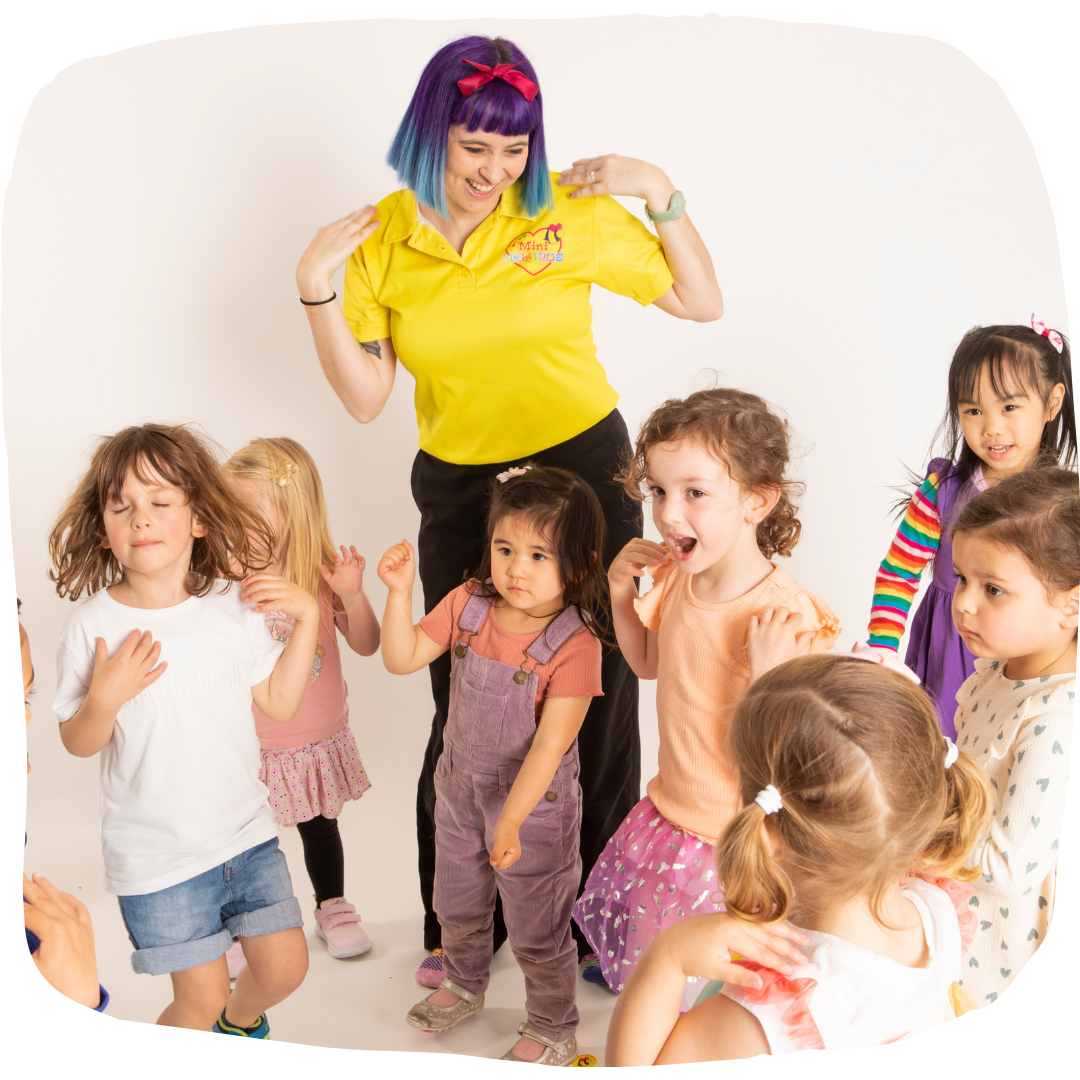The Importance of Imagination
“Logic will get you from A to B. Imagination will take you everywhere.” – Albert Einstein
Imagination has long since been touted as one of the most important fundamental aspects of human nature. Experts from around the world including developmental specialists and child psychologists unanimously agree that imaginative play, from a very early age, not only has the advantage of being great fun, but also has amazing developmental benefits.
When our children are just starting out, it’s easy enough to put the benefits of imagination down to them simply being able to entertain themselves. And whilst that does have its obvious merits, it’s only the tip of the iceberg. The advantages of an imagination nurtured and encouraged, go far deeper. Sir Ken Robinson, an international expert in learning, has famously said that imagination helps children learn with a greater appetite.

Imagination is considered to be an integral part of the problem-solving processes…
and skills which children begin to use on a daily basis from as young as 12 months. Until then, their perceptions are relatively one dimensional – they explore and experience things through the 5 physical senses: touch, taste, smell, sight and hearing. They pick something up, turn it around to look at it from all angles, try and taste it by sticking it in their mouth (something the parents of our 6-15 month and 1-2 years groups are familiar with!), and give it a bit of a shake to see if it makes a noise.
From about 12 months we start to see signs and hints of their imagination beginning to develop. At first this comes through in the form of imitation – they see us doing something simple like brushing our hair or speaking on the phone, and try to copy the gesture. Mini Maestros encourages these imitation skills through activities such as action songs, during which a child may attempt to copy their parents’ and teachers’ actions such as clapping, stomping, or waving.
Gradually as their imaginative skills start to grow,
they will begin to use objects to imitate and bring gestures to life. A spoon in the kitchen might become their hair brush, a wooden block may be their telephone. What we perceive as random babbling into the block is actually a conversation that their imagination is allowing them to have. Have a chat with them using your spatula phone. Eventually the older they get, the more they are able to disassociate themselves with reality and immerse themselves in make-believe.
Props are a huge part of this kind of roleplay, and children will show you themselves that they don’t need the actual items for the scenario to be fun and engaging. Setting up “shop” with pretend money made out of buttons and taking turns to be the shopkeeper or customer, has provided endless entertainment for my children, firstly just between us, and then, as they became older, with other children. Props play a significant role in some of the Mini Maestros activities undertaken in each age group class. Hand puppets in particular, along with storytelling, are used to capture a child’s attention, engage their imagination and develop learning skills such as focusing and listening. You will start to notice that as they get older they themselves begin to enjoy making up fantasies or fairy tales, and thinking up their own ideas.


Imagination is something Mini Maestros strongly fosters through our program,
and is evident right from the beginning of each class during the Welcome Song, where children are asked to think of an action or a way to move their body when it is their turn. This activity is generally a firm favourite of every student. I’ve had some humdingers in my time as a Mini Maestros teacher, the latest of which was a recurrent construction theme in a 3-4 years class, where every week I would see children choosing to be diggers, cranes and back loaders(!). I myself was a little flummoxed as to how a back loader would move, but sure enough when quizzed about it, the actions came out strong and confident… because the child could “see” it in their imagination and therefore re-enact it in reality. I’ve witnessed several parents react to their children’s choices with a bit of trepidation and even concern, worried that the choice was a bit “weird”. But they can rest easy. Research has shown that the richer a child’s imaginative play is, the richer their thinking is. Research has also shown that there is a connection between imaginative play in childhood and originality, spontaneity, rich vocabulary and greater flexibility in coping with new situations in adulthood.
Parents can sometimes become a little concerned that their children are spending too long playing “make-believe”,
and not long enough on “real” learning activities. However, it is important to understand that imaginative play is a significant part of your child’s normal development.
If you are someone who doesn’t think of themselves as particularly imaginative or creative, or someone who is not that into arts and crafts (like me!), you may feel that your ability to encourage your child’s creative imagination is limited. But a creative environment doesn’t necessarily need to centre around a vast supply of crayons, paints and paper. Creativity doesn’t necessarily mean a project with a tangible end product to show for it, it can simply be a way of life. It is not just for those born with a natural gift for art or music.


It’s all very well to talk about the importance of imaginative play,
but what can you actually do to encourage this? Well, you’re probably already doing it… it really doesn’t take much. It can be a simple as showing your appreciation for your child’s ideas, when they place a bowl on their head and pretend it’s a hat, or when they tie a bit of string to a cushion and lead their “puppy” around. Go outside and let your child collect things from the garden or park, and then ask them what it might be used for. Get two sheets and a chair and help them create a fort. Sing funny songs and make up your own words. Accept your sand ice cream graciously (and gumnut “cone” if you’re lucky) and impress upon them that it is the best ice cream you’ve ever tasted (a favourite with my two). And when it comes to toys, less is more. Kids will turn anything and everything into part of their game, they don’t need much.
Most importantly, simply encourage and support when your child dares to express, and remember – even if you feel silly sometimes joining in with fantasy scenarios and pretend conversations… let go of your own inhibitions and be that pirate, princess or dinosaur – to your child you are their hero.



